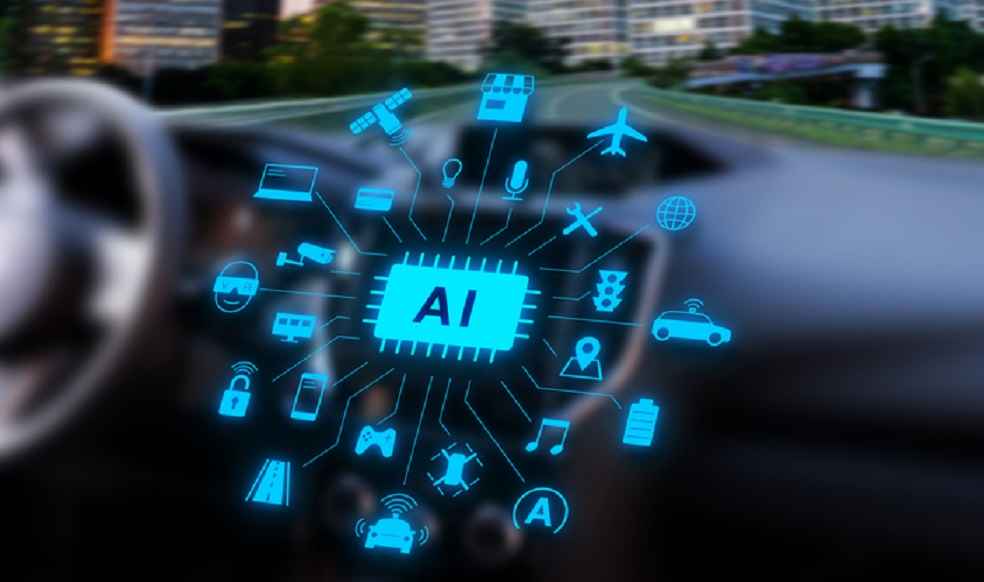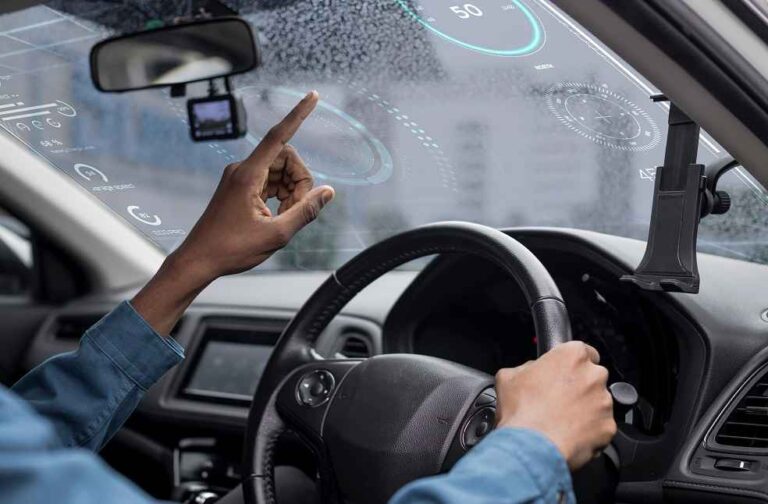International automotive giants are increasingly turning to Chinese technologies to enhance their smart car capabilities and maintain a competitive edge in the world’s largest and most dynamic auto market. As global carmakers seek to integrate advanced driver assistance systems and intelligent in-car functions, Chinese innovations are proving central to their localization and innovation strategies.
Automotive analyst Paul Gong of UBS observed a growing willingness among carmakers to adopt Chinese research and development strengths, noting that many now recognize the competitive advantage held by Chinese companies in key technological areas.
BMW has announced the integration of the Chinese-developed AI model DeepSeek into vehicles sold in China, with availability beginning in the third quarter of 2025. The company’s upcoming Neue Klasse models, produced in Liaoning province and launching in 2026, will feature this AI system as a standard component. BMW has also developed two exclusive AI-powered assistants for the Chinese market, ‘Car Genius’ and ‘Travel Companion’, in collaboration with Alibaba, offering personalised driving guidance and travel support.

Meanwhile, Mercedes-Benz showcased its long-wheelbase CLA model at the Shanghai auto show, equipped with ByteDance’s Doubao large language model. This enables a more localized and interactive virtual assistant experience, including restaurant searches and digital streaming services. Mercedes-Benz executives affirmed their intent to deliver locally tailored products at ‘China speed.’
The smart driving segment, or advanced driver assistance systems, is also witnessing deeper collaboration. FAW-Audi introduced its A5L sedan, the first gasoline vehicle in China to feature Huawei’s driver assistance system. The system will also appear in Audi’s Q6L e-tron electric SUV. FAW-Audi Sales executive Li Fenggang highlighted that the brand’s partnership with Huawei began five years ago to meet the increasing demand from Chinese consumers for intelligent driving features.
Chinese firm Momenta revealed new partnerships with six major auto brands, including General Motors’ Buick and Cadillac, Toyota, and Honda, to provide smart driving solutions. Honda emphasised the importance of using local technologies to deliver intelligent, electrified vehicles that align with customer expectations in China.

Volkswagen, China’s leading foreign auto brand, has taken an even more aggressive approach. In 2022, it made its largest investment in the country by partnering with Horizon Robotics. The joint venture, named Carizon, is developing products specifically for the Chinese market, with rollouts expected from 2026. Volkswagen executives noted that their collaborations with local tech firms are critical for meeting market-specific needs.
Mercedes-Benz chairman Ola Kaellenius underlined the global implications of Chinese R&D, stating that innovations developed in China can inspire advancements in other markets as well.
UBS analyst Gong concluded that China has transitioned from a promising market to a manufacturing powerhouse and now serves as a vital centre for global automotive R&D, effectively becoming the industry’s ‘brain’ for innovation.
TRENDING | Trump Plans Tariff Relief to Support U.S. Car Makers and Suppliers





